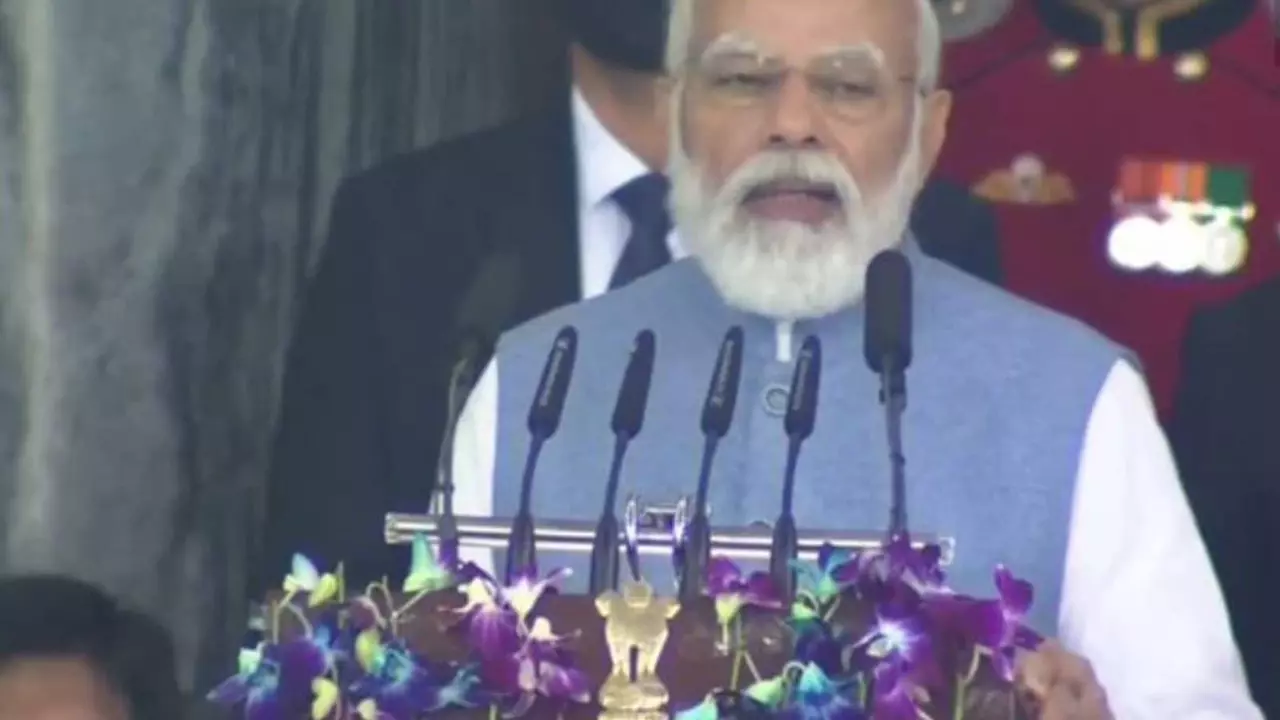Political Dynasty: Understanding Family Power in Indian Politics
Ever wondered why the same surnames keep popping up during elections? That’s a political dynasty at work. In simple terms, it’s when a family holds political power across generations, passing seats, influence, and networks like a family heirloom.
What Exactly Is a Political Dynasty?
A political dynasty starts when a leader’s child, sibling, or close relative steps into politics and wins a seat. Over time, the name becomes a brand that voters recognize. Think of the Nehru‑Gandhi clan, the Scorpios in Uttar Pradesh, or the Singh families in Punjab. Their last names alone can sway votes, even before a campaign begins.
The key ingredients are name recognition, established party connections, and a ready‑made support base. Voters often trust a familiar name because they associate it with past achievements—or at least the promise of them. For newcomers, building that trust from scratch is a steep climb.
Why Do Political Dynasties Matter for You?
If you’re eyeing a government job or following policy changes, the family in power can impact your prospects. Dynastic leaders tend to favor loyalists, which can affect recruitment, project allocations, and even the focus of development programs.
On the flip side, dynasties can bring stability. A seasoned family may know the bureaucratic ropes better than a rookie, potentially speeding up decision‑making. But the downside is less fresh ideas and a higher risk of nepotism.
Understanding who belongs to which dynasty helps you read the political landscape like a map. When a new candidate from a well‑known family announces a run, expect their campaign to lean on legacy promises. If you’re preparing for a civil service exam, knowing these dynamics can give you context for essay questions about governance and reform.
So, how can you stay ahead? Keep an eye on local news, follow the election commission’s candidate lists, and note the family names that repeat. Websites like sarkarinokrinews.in regularly update you on job openings and also highlight political shifts that might affect job sectors.
In short, a political dynasty is more than just a famous surname—it’s a force that shapes policies, job markets, and the everyday political chatter you hear at tea stalls. Knowing the players and their family ties gives you a clearer picture of where opportunities and challenges might arise.
